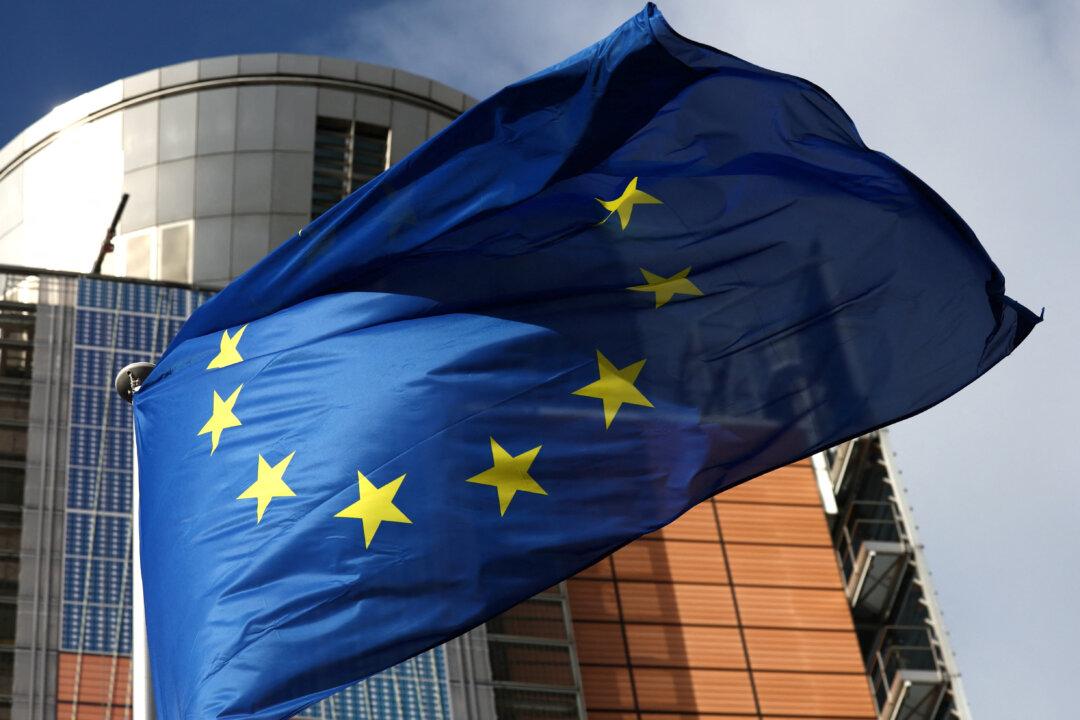BRUSSELS/ZURICH—Swiss fragrance and flavor maker Givaudan said on Tuesday that it was being investigated by European Union and Swiss antitrust authorities after the EU announced earlier it had raided several companies on concerns of a cartel in the supply of fragrances and fragrance ingredients.
The UK competition agency also opened an investigation into the same sector.





